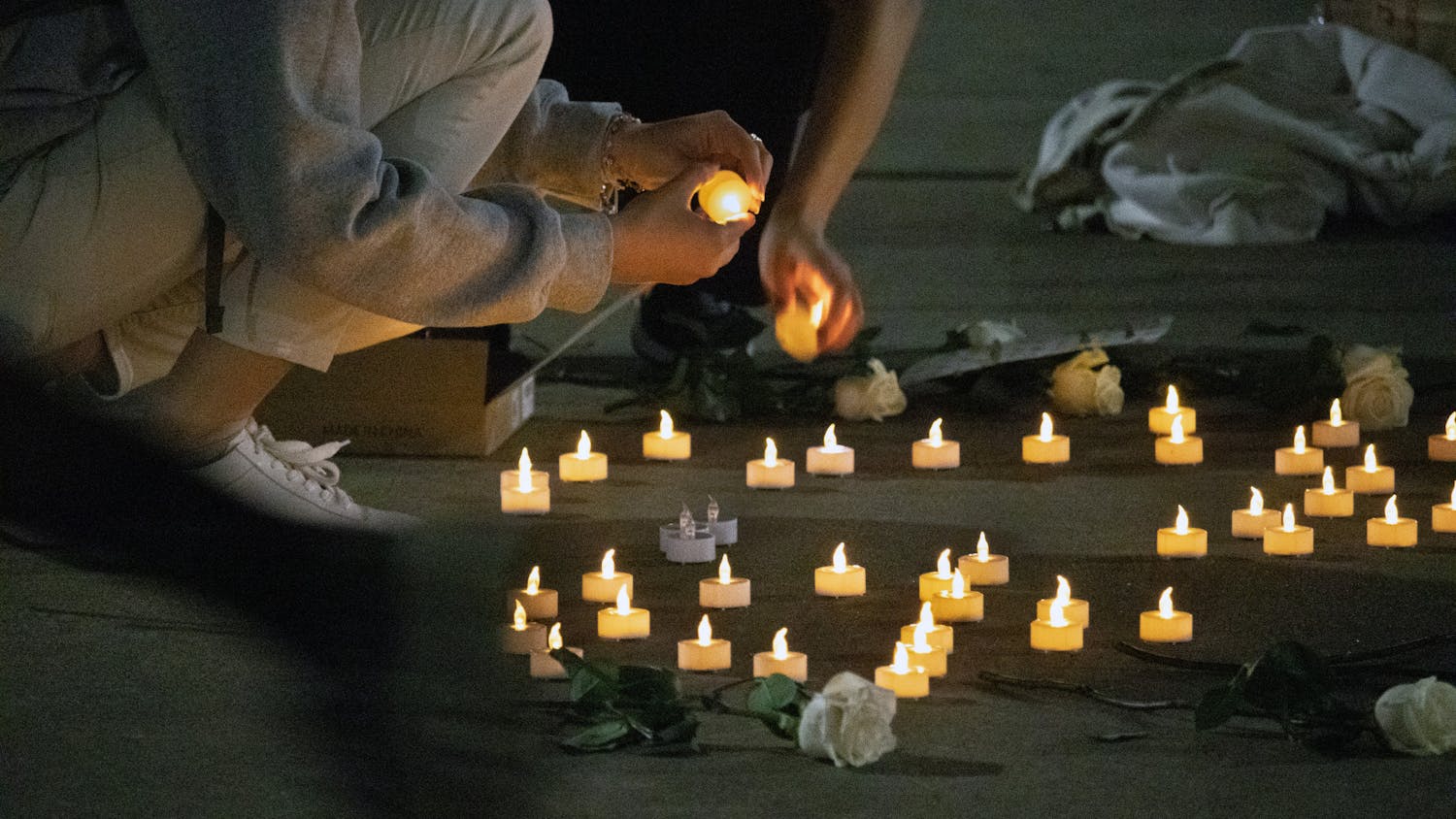Our hearts go out to the nation of Japan, which is coping with a natural disaster combined with a nuclear threat, the likes of which it has never seen. Most of us have witnessed the horrific images of the damage in the wake of this confluence of problems, be it via Internet, television or newspaper.
As we have seen time and again, such events bring out the best in people.
They can also highlight the worst.
We wonder if someone can publish a disaster policy guide to show individuals, businesses and media how to respond to such a scenario.
We’re no experts on the topic, but with our experience in catastrophe-related distastefulness, we ‘d like to volunteer some suggestions.
Suggestion One: Don’t crack jokes at the expense of a devastated area. It’s both unpalatable and unfunny.
Gilbert Gottfried, who was fired from his voice-over work with Aflac for tweeting terrible tsunami jokes, knows what we mean.
Suggestion Two: Don’t try to harness the human urge to help in order to advertise your products, no matter how tempting and goodhearted it may seem to do so.
Microsoft will remember this rule after the scathing response to a Twitter post. The company told people it would donate a dollar for every re-tweet of a post, but the idea came off as a marketing ploy gone completely wrong. It sounded like people had to choose between increasing Bing’s popularity or letting Japan go without their help. The relief effort shouldn’t come with product placement opportunities.
Suggestion Three: Give it to us straight. If you don’t know what’s happening, tell us so, but don’t make the situation sound worse than it is.
It’s a disaster. People are dying and having their worlds dramatically changed.
In the face of such a pervading sense of hopelessness, you shouldn’t make people worry more than they need to.
Here, we look to all the news channels that reported on the nuclear situation in Japan before they had confirmation from any officials with the foreign government. We watched CNN cycle through guest after guest, fishing for bits of alarming information unearthed only by stripping away the logical explanations of various experts. Other channels were little better.
Which brings us to Suggestion Four: Be polite.
This one’s also directed to the media. As we watched the painful discussions the news channels had with nuclear experts, it dawned on us how rude the anchors were. They not only badgered guests with questions but they then misconstrued their words or sought out someone willing to advocate a more outlandish theory.
It’s no time for joking, cashing in or misrepresenting information, but rather a time to be upfront and thoughtful. We can only hope people who lose their way after such an unfathomable event — ourselves included — could remember to be empathetic in times like these.
Remember that even if they’re on the other side of the world, the victims deserve that much.





